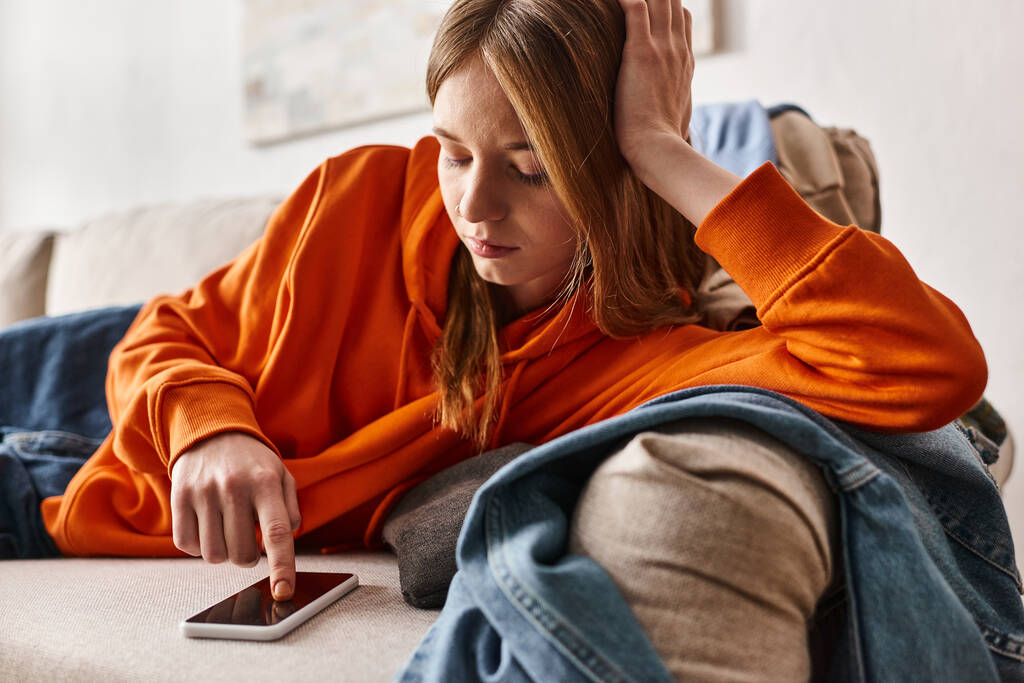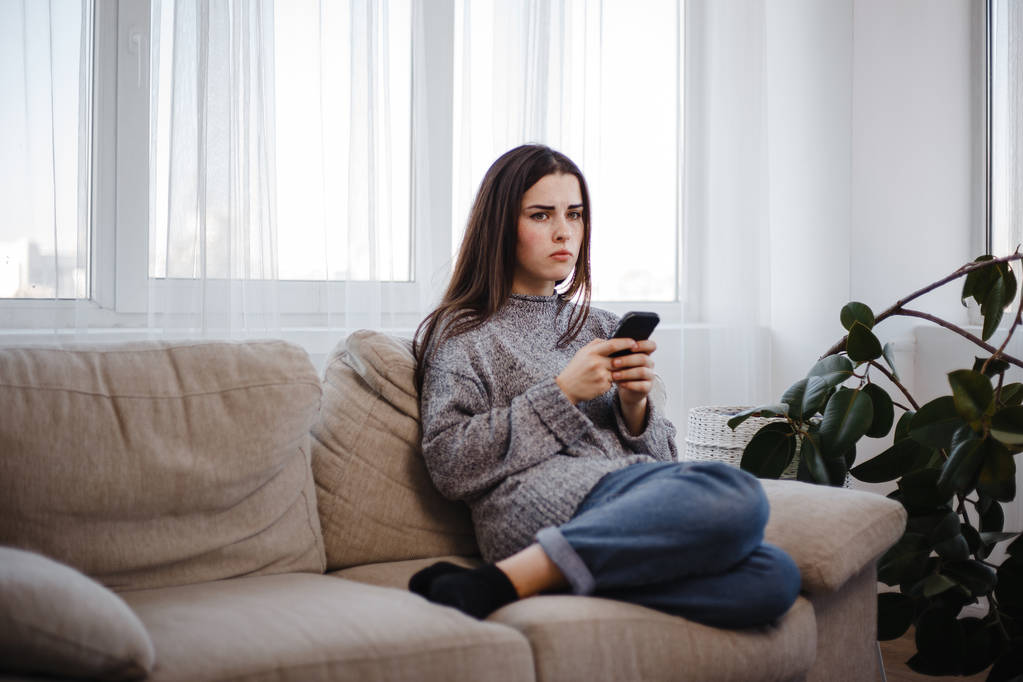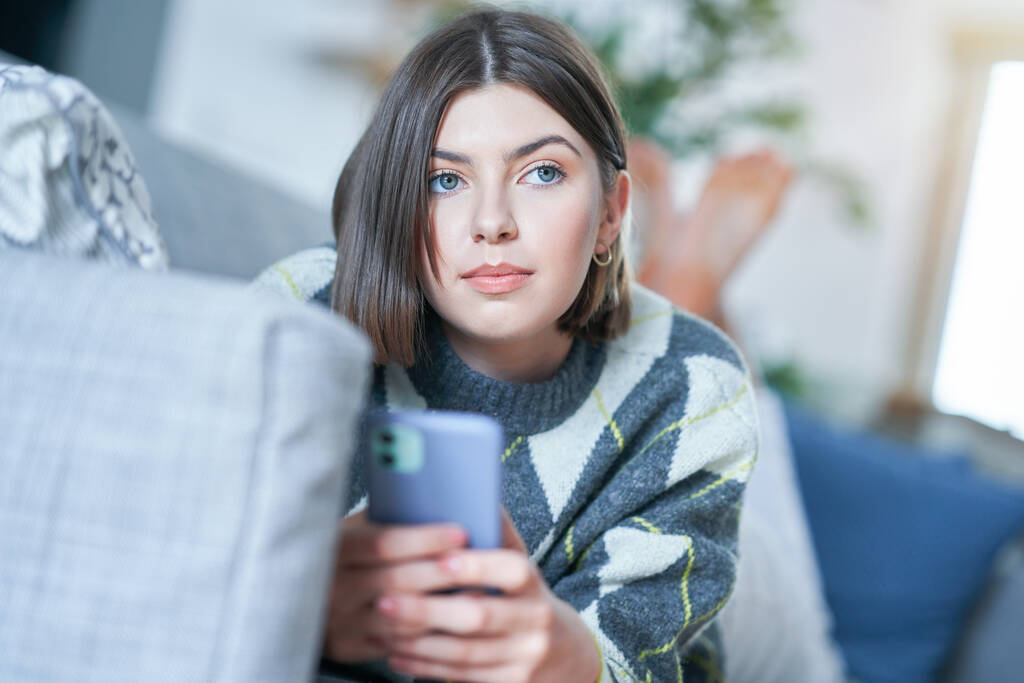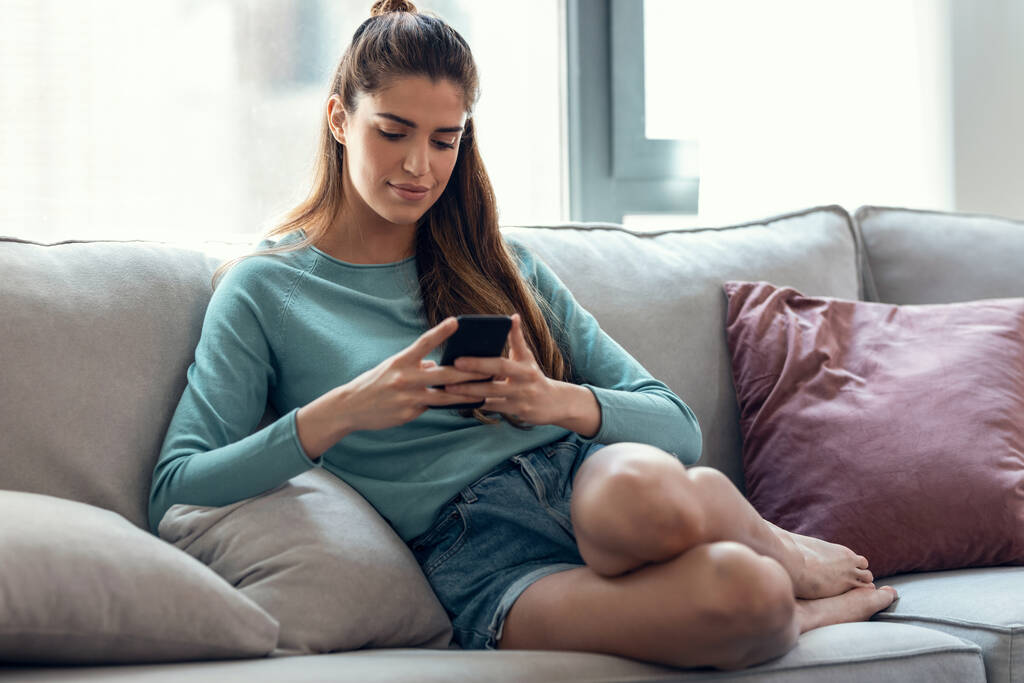While social media allows us to peer into the perfectly curated lives of friends and strangers from the comfort of our own homes, it comes at a cost for some.
For those already struggling with social anxiety, the highly curated reels people post to platforms like Facebook and Instagram can exacerbate feelings of inadequacy. This can lead to increased worry about how others perceive them.
But is social media to blame for worsening symptoms of social anxiety, or are those struggling with the disorder simply more vulnerable to its unfiltered presentation of reality? Let’s take a deeper look.
What Is Social Anxiety Disorder?
Significant worry or fear of social situations is the hallmark of social anxiety disorder, also known as social phobia. In social or performance contexts, people with social anxiety disorder experience a severe dread of being scrutinized, embarrassed, humiliated, or subjected to unfavorable judgment by others.

Meeting new people, speaking in front of a crowd, voicing one’s opinions, eating or writing in front of others, and using public facilities are common scenarios that might set off social anxiety.
The anxiety experienced in these situations goes beyond normal nervousness.
People with social anxiety disorder have intense, persistent, and chronic fears that are disproportionate to the actual threat. They worry for days or weeks in advance about everyday interactions and have an underlying fear of being critically evaluated. This fear is often accompanied by physical symptoms like sweating, blushing, trembling, nausea, or difficulty speaking.
A traumatic social experience is not needed to develop the social anxiety disorder. The fears must cause clinically significant distress or impairment in important areas of functioning like work, school, or relationships for at least 6 months to meet the criteria.
Symptoms vary depending on the developmental stage. In children, it may manifest as school refusal or separation anxiety. Teenagers and young adults may struggle to make new friends or go on dates due to fears of being judged.
Social Media Use and Mental Health
Researchers have investigated the relationship between social media engagement and issues like social anxiety, loneliness, and overall well-being in students. The majority of studies indicate that higher social media use tends to correlate with worsened symptoms of social anxiety and feelings of loneliness among college students.

For example, one study found a link between social media engagement and social anxiety in Chinese university students. Another study uncovered a similar association with loneliness in that population.
Findings related to general well-being are mixed. One study reported that greater social media use was connected to lower well-being levels in students.
However, another study discovered a more complex relationship where moderate social media engagement correlated with higher well-being, while both low and high amounts of utilization were tied to poorer well-being.
Additional research has added to our understanding. Some detected negative relationships between social media use and psychological well-being, self-esteem, and life satisfaction among university students from different countries.
Systematic reviews also highlighted that social media engagement usually correlates with worse mental health outcomes such as loneliness, anxiety, and stress. The strength of this connection varies across studies.

Moreover, factors including frequency and intensity of social media use, individual differences, and even envy play roles in shaping social media’s impact on mental health. For instance, one study found envy partially explained the link between Facebook utilization and depression in college students.
Such studies have led to legal actions like Instagram lawsuits against companies such as Meta and its Facebook and Instagram platforms. Instagram is increasingly connected to severe mental health problems, especially among teenagers.
The platform stands accused of contributing to poor self-esteem and body image issues mainly due to its relentless promotion of unattainable beauty standards. According to TruLaw, litigation across 41 states argues Meta is aware of these consequences but continues having features that trap children and teenagers into addictive behaviors.
Limiting Social Media Use May Boost Well-Being
A recent study conducted by researchers at Iowa State University found that a simple intervention of limiting daily social media usage could have meaningful benefits. These benefits are for users’ mental health and well-being.
Half of the 230 college students who participated in the two-week experiment were instructed to limit their daily social media use to 30 minutes and were given automated reminders.

Compared to the control group, individuals in the restricted use group reported much-reduced feelings of anxiety, despair, loneliness, and FOMO at the conclusion of the study. They also experienced higher levels of positive emotions and outlook.
The lead author of the study, Ella Faulhaber, a PhD student in human-computer interaction, was surprised by the breadth of improvements seen across multiple dimensions of well-being. She noted that such a straightforward intervention as a daily reminder seemed to effectively motivate behavior change and better social media habits.
Interestingly, the psychological benefits extended even to some participants who occasionally exceeded the 30-minute limit.
Co-author Douglas Gentile, a distinguished psychology professor, commented that tracking specific behaviors like time spent online mirrors other successful strategies in health research involving activity monitors. Limiting and gaining awareness of social media use appears to facilitate changes similarly.
While the initial restriction was an adjustment, students reported benefits like increased productivity, better sleep, and more in-person socializing over the course of the study.
Looking ahead, Faulhaber and Gentile suggest their findings provide a practical self-limiting approach compared to studies removing social media access entirely.
Individuals aiming to curb usage recommend strategies like setting a timer, utilizing wellness apps, and recognizing limiting as an ongoing process rather than an expectation of perfection.
Future work may explore optimal usage patterns and the long-term effects of limiting social media engagement and replacement activities.
FAQs
1. Why is my social anxiety getting worse?
Answer: Symptoms of social anxiety disorder can evolve over time, particularly during periods of significant life changes, stress, or increased demands. While avoiding anxiety-inducing situations may offer temporary relief, without treatment, anxiety is likely to persist in the long term.
2. How can I calm my social anxiety?
Answer: Identify your triggers—specific situations that provoke anxiety—and practice relaxation techniques such as deep breathing exercises when feeling anxious. Gradually expose yourself to social settings, beginning with small steps and progressively increasing exposure. If you find it challenging, seek professional assistance.
3. Can I manage social anxiety on my own?
Answer: Social anxiety is a mental health condition, and while self-management strategies can help alleviate symptoms, it’s not always sufficient. Seeking professional support is advisable to address social anxiety effectively.
While the relationship between social media use and mental well-being is complex, one thing seems clear – excessive use that displaces real-world social connections can take a toll.
It’s encouraging that even simple steps to gain more control over engagement may help reduce anxiety and boost overall wellness. With continued research and awareness of healthy habits, social platforms may become tools that enhance our lives rather than detract from them.

